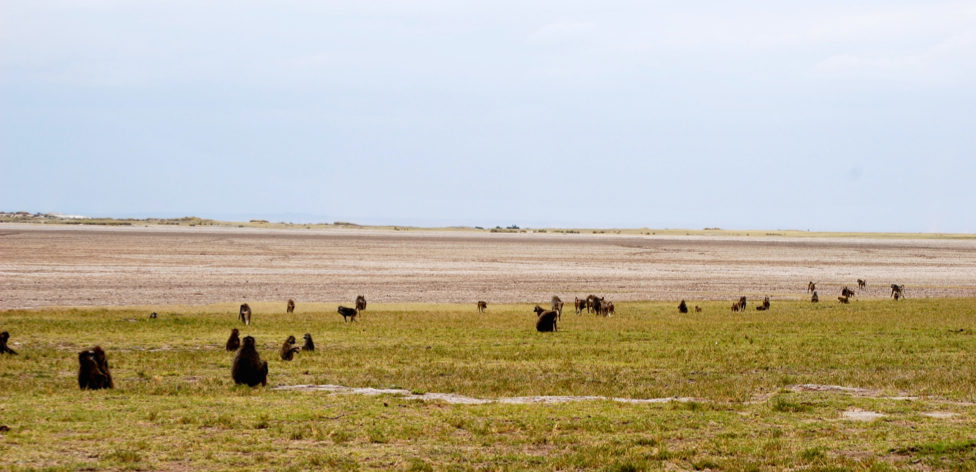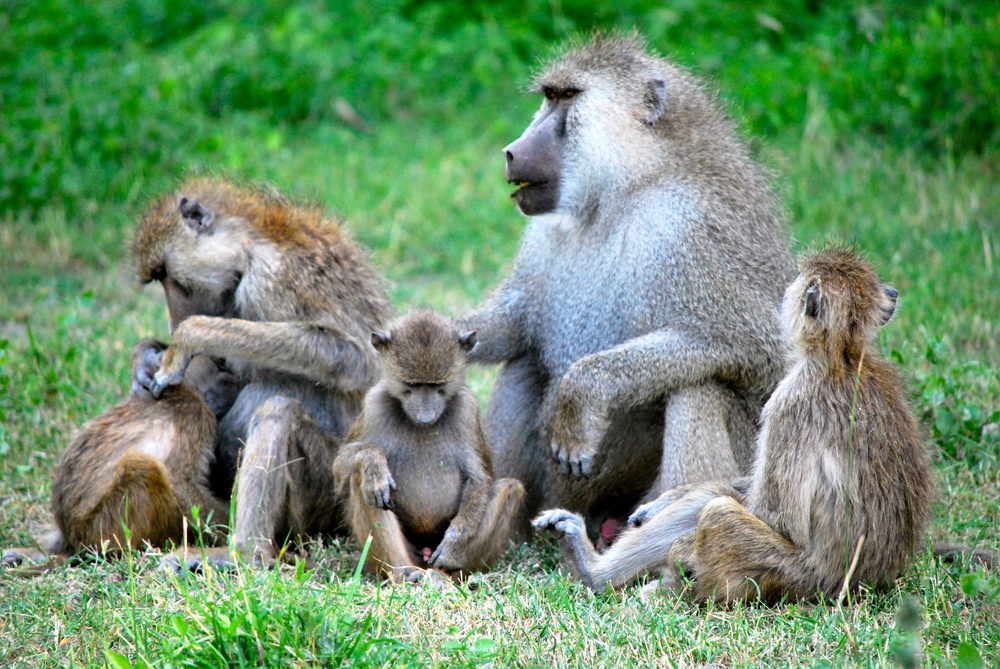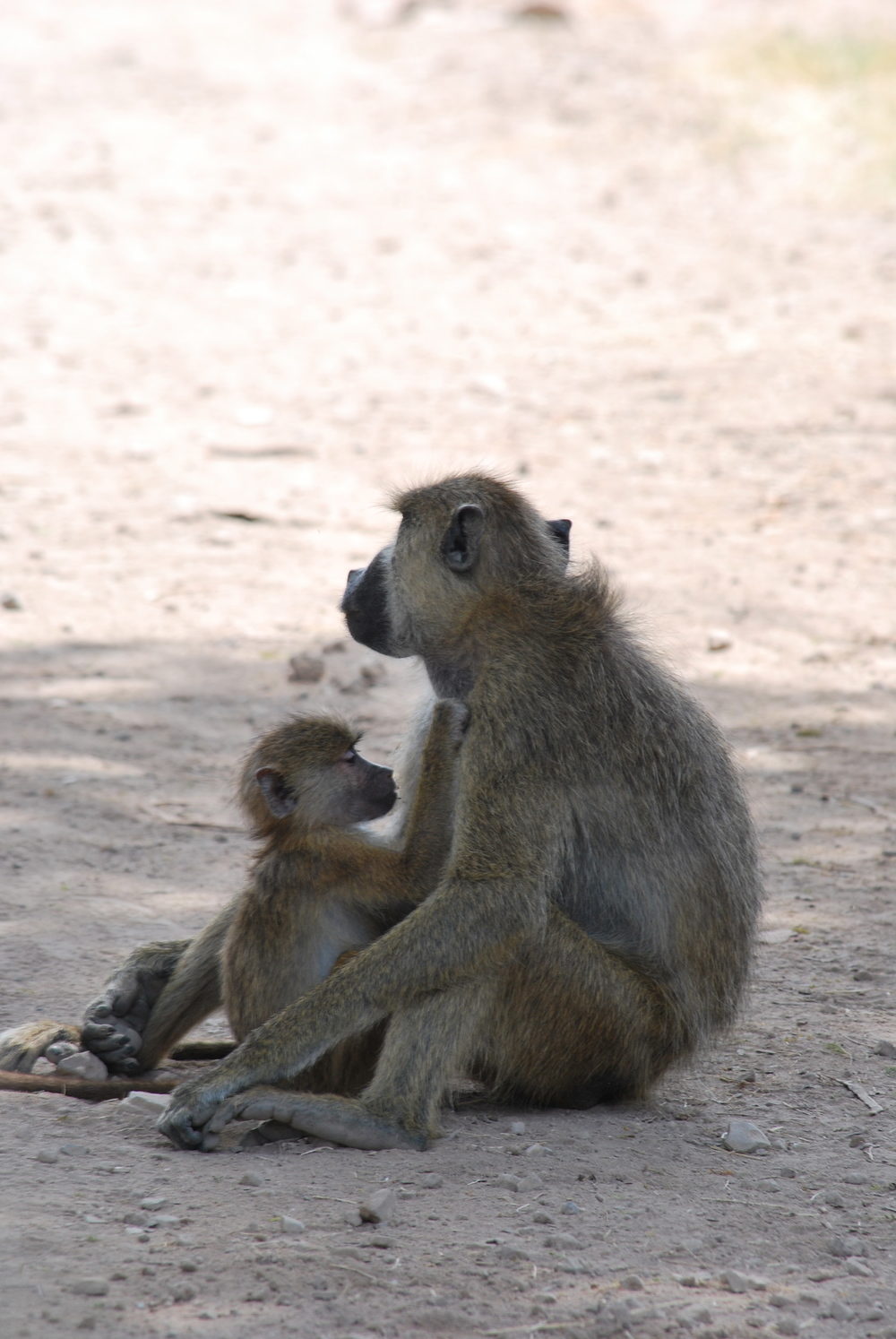Grantee Spotlight
We are pleased to introduce you to another one of our newest grantees, Amanda Lea, PhD candidate from Duke University. She was awarded a Leakey Foundation research grant in the Fall of 2014 for her project entitled “Effects of social conditions on DNA methylation and immune function.”

Many primates, including humans, live in complex social environments in which both competitive and affiliative interactions are common. The capacity to deal with this environment can vary substantially across individuals. While some individuals form stable, positive social bonds, others do not; similarly, only some individuals are able to achieve high social status. Research in both humans and nonhuman primates suggests that variation in these social experiences can have profound effects on physiology, health, and survival. However, we do not understand the molecular mechanisms that mediate these effects.

To address this gap, my project tests the hypothesis that social adversity influences health-related traits by altering the way genes are expressed. Specifically, it asks whether low social status and/or social isolation lead to changes in DNA methylation (an environmentally sensitive modifier of gene expression) and whether these changes predict how individuals respond to an immune challenge. To do so, my project combines behavioral data from wild baboons in Amboseli, Kenya, with measurements of genome-wide DNA methylation levels and immune-related gene expression patterns.
Together, the resulting data will shed new light on whether, and to what degree, social experiences influence immunological traits that likely contribute to health and survival in wild primates. Identifying these connections is crucial for understanding the evolution of primate sociality, and for addressing the well-documented health consequences of social adversity in human populations. Finally, by using a genomic approach, I will be able to identify specific genes involved in the response to the social environment, which are likely to have been important in the evolution of group living in primates.
More information:
Amboseli Baboon Research Project
The Alberts Lab – Duke University
The Tung Lab – Duke University
“The Role of Methylation in Gene Expression” – Nature Education
“Baboon Watch” – Science Magazine





